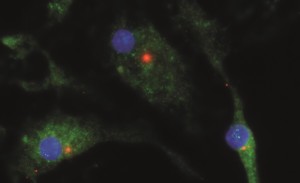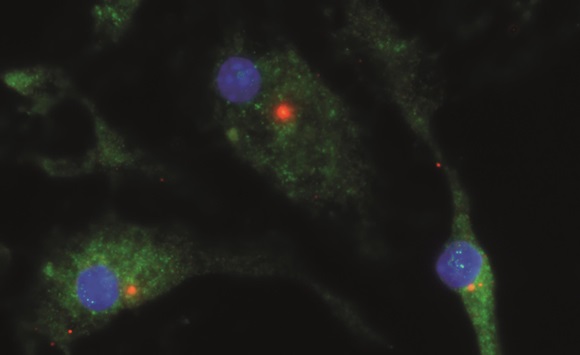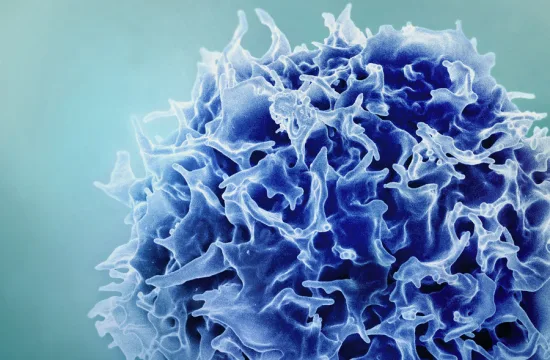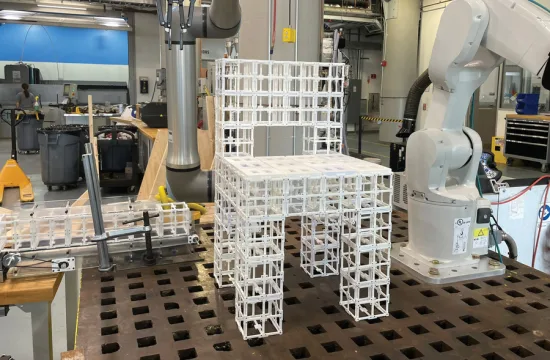
According to a research published in Nature Medicine, two different research groups have identified the compounds that are capable of blocking a component of the immune system (NLRP3) which is involved in several inflammatory disorders in humans.
A team led by investigators from the University of Queensland in Brisbane, Australia, and the Trinity Biomedical Sciences Institute at Trinity College in Dublin looked at an intracellular signalling molecule NLRP3, part of the NLR group of proteins, which act as catalysts for the inflammatory process. The team identified a small-molecule compound, MCC950, which inhibits activation of NLRP3.
NLRP3 is part of a complex of proteins called the inflammasome, which drives the inflammatory response in several disorders including autoimmune disease, type 2 diabetes, Alzheimer’s disease, atherosclerosis and autoinflammatory disorders.
Vishwa Deep Dixit and colleagues report that β-hydroxybutyrate (BHB), a metabolite produced by the body in response to fasting, high-intensity exercise, caloric restriction or upon consumption of a low-carbohydrate ketogenic diet, can directly inhibit NLRP3. When BHB was packaged in a nanoparticle (to improve its bioavailability in vivo) it reduced inflammation in a mouse model of inflammatory disease, as did administration of a ketogenic diet, which elevated levels of BHB in the bloodstream. These findings suggest that the anti-inflammatory effects of fasting, a ketogenic diet or high-intensity exercise may, in part, be mediated by production of BHB and its inhibition of NLRP3.
In a separate study, Luke O’Neill, Matthew Cooper and colleagues describe a drug, MCC950, which directly inhibits NLRP3. The authors showed that MCC950 is effective at inhibiting inflammatory responses in human cells and in mouse models of autoimmune and autoinflammatory disease. This suggests that the compound may be used to treat a myriad of inflammatory diseases. Furthermore, the anti-inflammatory effects of MCC950 were not associated with inhibition of other components of the inflammasome complex that are important for control of infection.
Source; natureasia.com







